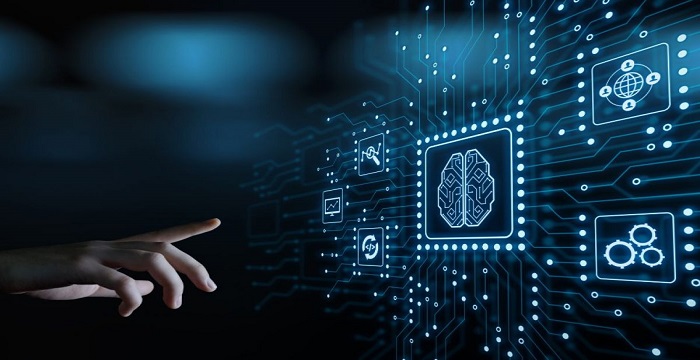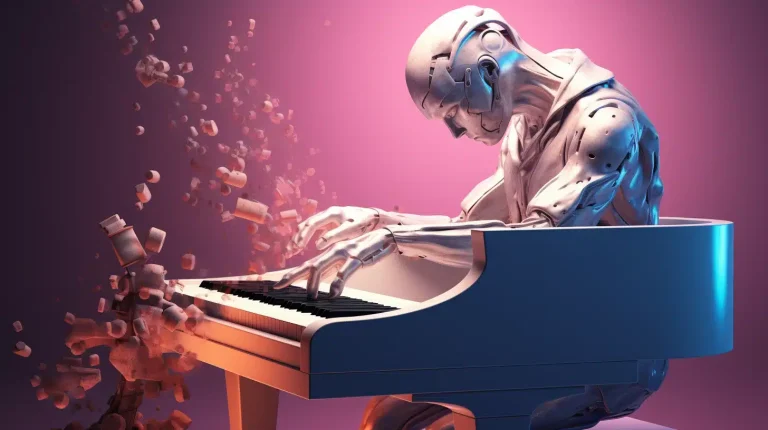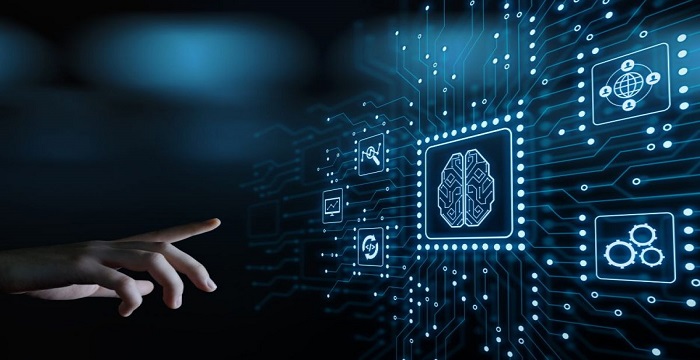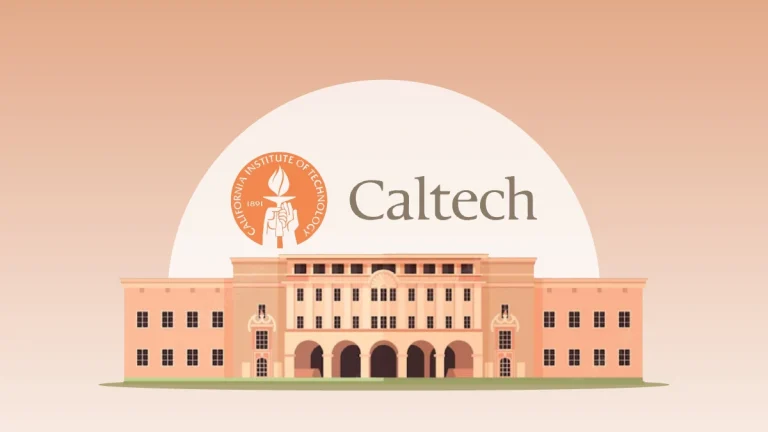
Artificial intelligence (AI) is advancing significantly in a number of areas in the rapidly changing field of technology, and music composition is no exception. Artificial intelligence (AI) is transforming the way we compose and listen to music, from creating original tunes to helping arrange intricate harmonies.
The Rise of AI in Music:

AI is being used in music composition now; it’s not simply a futuristic idea. At the forefront are businesses like OpenAI, Amper Music, and Aiva Technologies, who are creating advanced algorithms that can compose music in a wide range of genres and styles. These artificial intelligence (AI) algorithms create creative music that can be mistake-free for human compositions by analyzing enormous volumes of musical material and learning patterns and structures.
How AI Composes Music?
AI systems compose music by utilizing methods like deep learning and machine learning. AI is capable of recognizing patterns, structures, and artistic subtleties by training on large datasets of previously recorded music. This is an explanation of how it functions:
Data Collection and Training:
Large datasets of audio recordings, MIDI files, and music scores are used to train AI models. This enables the AI to comprehend many musical components, such as melody, rhythm, and harmony.
Pattern Recognition:
The AI finds patterns in the music data and learns how different parts work together to form a seamless composition. Recognizing chord progressions, melodic contours, and rhythmic frameworks are all part of this.
Composition Generation:
AI is able to create new compositions using the patterns it has learned. These can be completely unique works or adaptations of pre-existing ones that are adapted to fit particular genres or styles.
Applications of AI in Music:
AI has a deeper purpose in music than just songwriting. Here are a few noteworthy uses:
- Film Scoring:
With AI’s speedy movie score generation, filmmakers can have original soundtracks created for their favorite scenes and feelings.
- Music Production:
The production process can be streamlined by producers using AI to generate beats, accompaniments, and even full songs.
- Personalized Music:
AI can be used by streaming services to make customized playlists and suggest new music depending on listener preferences.
- Educational Tools:
Students studying music theory and composition benefit from AI-powered tools that offer immediate feedback and recommendations.
The Human Touch: Collaboration with AI:

Even with AI’s advances, human interaction is still vital. Collaboration is where AI in music has the most interesting potential. AI is a tool that musicians can utilize to boost their creativity and try out concepts that they would not have thought of on their own. Composers can concentrate on the more expressive and emotional parts of music composition by delegating repetitive jobs to AI.
Challenges and Ethical Considerations:
There are difficulties and moral dilemmas with using AI in music composition. Authorship and originality disputes come up, and there are worries that human composers would lose their employment as a result. It’s critical to approach these issues carefully to make sure that AI enhances rather than replaces human ingenuity.
Conclusion:
AI is revolutionizing the music business and creating new avenues for inventiveness and originality. Through the use of AI, musicians can venture into unexplored musical realms and compose works that have significant and novel effects on their audience. The future of music composition promises to be as innovative and harmonic as we continue to hone these tools.






